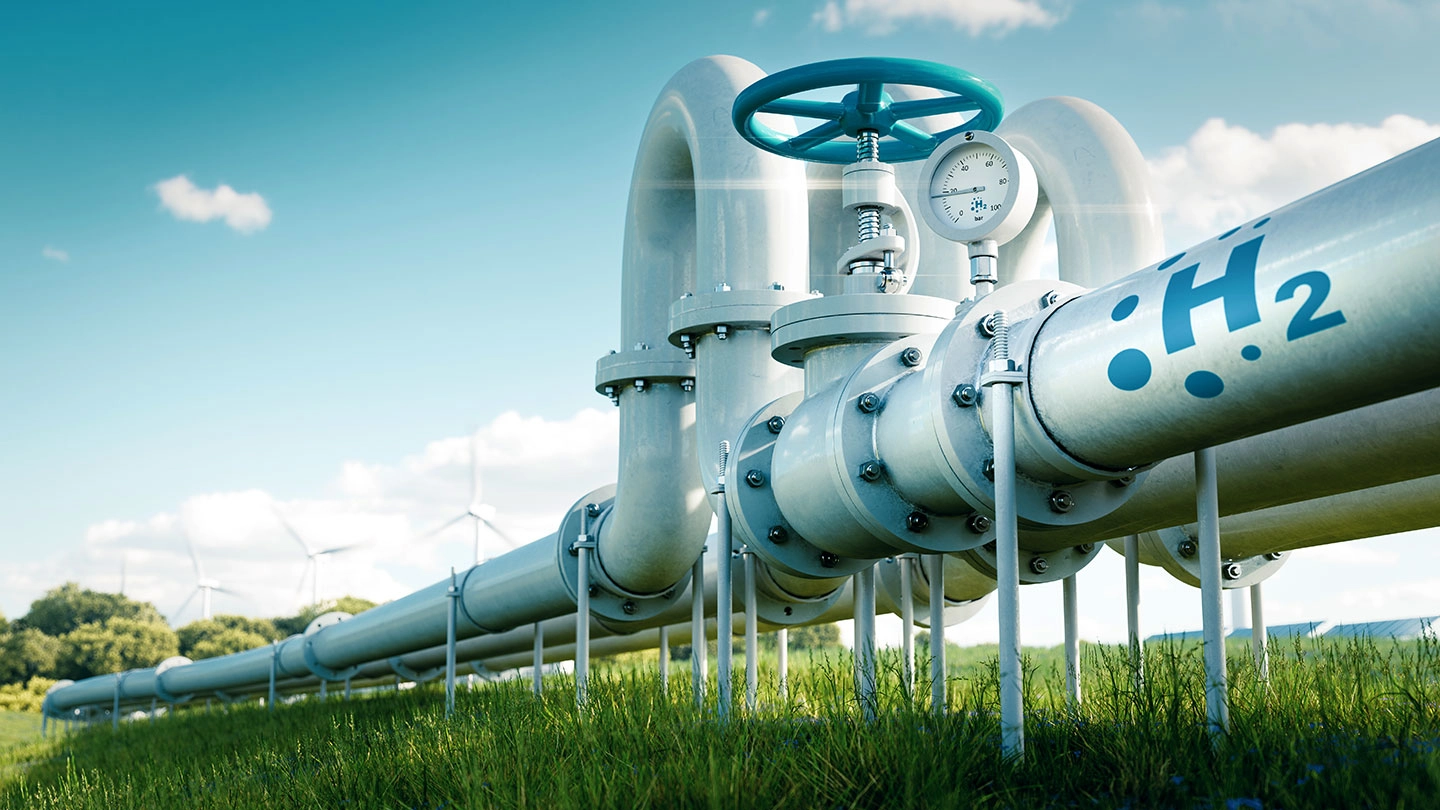
Source: Energie Informationsdienst (EID)
EID: Mr. Selbach-Röntgen, MET Group has set out to transition from a gas trading giant to a green electricity giant. How much progress has your company now made with this?
Selbach-Röntgen: We have actually made good progress. We currently have solar plants and wind farms with an installed capacity of around 400 MW in operation and around 800 MW under development. That's a good basis, but we still need to pick up the pace.
EID: MET acquired a 25 percent stake in a wind energy developer in Switzerland last year. Switzerland is a very small wind market; Europe's largest wind market is north of the Alps, in Germany. Will MET also acquire a stake in a project developer in Germany or take it over completely in order to gain access to more green megawatts?
Selbach-Röntgen: We as a group are definitely considering the option of focusing more on the German market in the future. That's all we can say at the moment.
EID: Since the beginning of this year, local authorities in Germany have been obliged to carry out heat planning, which the coalition government hopes will pave the way for the increased use of renewable energies. How does this affect your business as a gas wholesaler?
Selbach-Röntgen: This is precisely the question I now regularly ask our municipal customers. However, nobody can currently give us a reliable answer as to what exactly this means, for example what time schedule is associated with the gradual phasing out of fossil fuels. Nonetheless, we stand firmly by our customers' side throughout the entire transformation process. I keep emphasising that this politically driven transformation will take longer than is often expected today. One example of this is the hydrogen supplies. Until sufficient quantities are available, we are not talking about a sprint, but a marathon.
EID: Back to the municipal green heat supply: Is it not more sensible and practicable to tackle the changeover with a gradual quota system? Realistically, only very few towns and municipalities will be able to achieve a 100 percent switch to green energy in the coming years.
Selbach-Röntgen: This quota is a really viable option for me. We are promoting this in our dialogues with various interest groups from industry, politics and associations. Until there really are enough green gases on the market, we are talking about very small increases in the annual quota. This approach would not only finally provide reliable planning on the customer side, but it would also enable producers to make targeted investments in new generation capacities. Investments in production are only signed off when there is a sales market. As I said, this process will not happen overnight. There is no doubt that we as wholesalers would also benefit from this approach. I am firmly convinced that this green gas quota is coming. If not in this legislative period, then from 2026. We know that there is support for this quota idea among the coalition factions, and there is also support in the ranks of the opposition.
EID: How willing are your customers to switch to green gases in view of the recent significant drop in natural gas prices?
Selbach-Röntgen: That is precisely the point. The transformation is coming. It is therefore easier to tackle this changeover gradually and in a predictable manner. I can only advise every one of our customers to take a close look at the procurement of green gases at an early stage. Once there is a draft law, the sell-off for the existing quantities will have already begun. I would like to be able to talk about terawatt hours. Realistically, however, we are only talking about a few hundred gigawatt hours. That is a bitter disappointment and not at all satisfactory. Regardless of my job as a trader, this situation does not satisfy me as a citizen either.
EID: There is currently a discussion that Germany does not need anywhere near as many LNG terminals as planned. Are the plans oversized?
Selbach-Röntgen: I believe that the plans presented by the Federal Ministry of Economics are realistic and appropriate. It is simply vital for the German economy to have reserve capacities. However, I will not hide the fact that I am dissatisfied with how little LNG has landed in Germany so far. The market would benefit from more long-term LNG volumes.
EID: Do you not also see the new LNG terminals as a supply hub for the new gas-fired power plants envisaged in the German government's draft power plant strategy?
Selbach-Röntgen: This correlation is a given.
